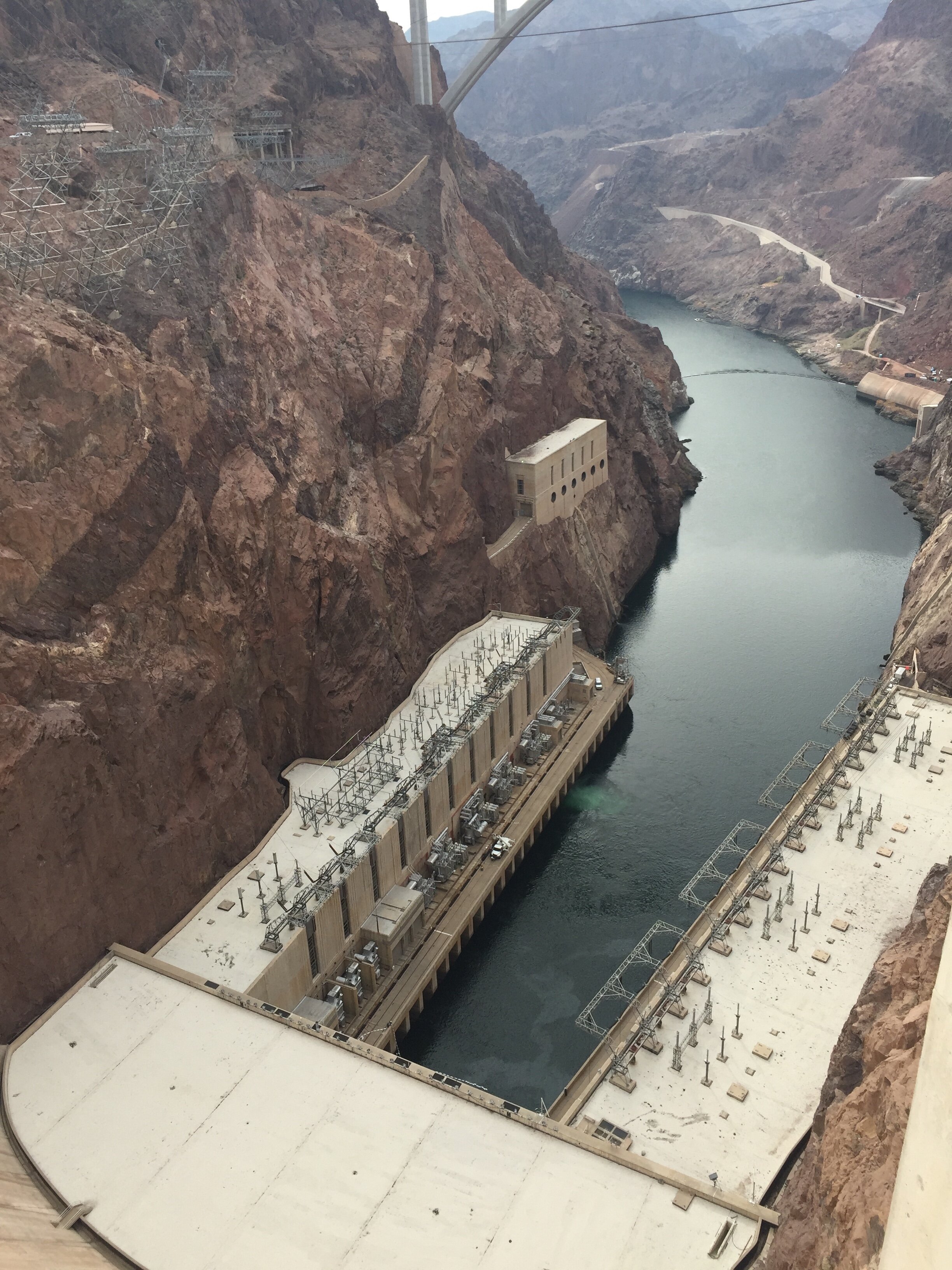
Management Strategies

5 ways to improve your utility’s bond rating
Managing a debt rating is a key obligation of the utility Chief Financial Officer. Debt is part of the utility business. Utilities build long-term infrastructure, with a useful life of 30-40 years to serve customers and finance that infrastructure with long term debt. Customers pay for debt service on that debt thought their rates, charged for current use of the system.

Electric Industry 101, Your 5-minute Guide to the Electric Business
In this Electric Industry 101 guide to the business we'll give you a quick overview of the electric industry, i.e. how it’s organized, oversight, and, most importantly, how electricity gets to your home and business. If you are new to the electric industry, you’ll soon see that it is like any other manufacturing business, except that the manufactured product is invisible.

Hurricane Ian and Sanibel Island Power Grid Rebuild - An insider’s view of electric co-op and utility mutual aid
One of the beauties of the power and utilities industry is the eagerness to help fellow co-ops and utilities in times of need. Restoring power to customers is built into the utility psyche, which translates into the willingness to travel across the country or state to assist in restoration efforts. This is called mutual aid.
Hurricane Ian destroyed the power infrastructure on Sanibel Island in September, 2022. This article is a first hand account of the damage and rebuild of the electric transmission and distribution system.

Strategies for operating your co-op or utility in a high-interest rate and high inflation environment
We are now in the midst of an economic period we have not seen since the 1970s and early 1980s. Interest rates are moving higher for the foreseeable future, inflation is at a level not seen in 40 years, and economic growth is slowing. This was called "stagflation" in the '70s and '80s.
The point of this article is to discuss how this economic environment impacts management issues at power and utilities organizations. We'll touch on the large areas for consideration. There are not always straightforward answers in these areas, but many points for consideration.

Electric Cooperative Financial Strategies - Cash Reserves and Patronage Capital Policies
Electric cooperative financial strategies include operating cash flows, cash reserves, debt, and customer equity investments in the co-op, which are called patronage capital. What is patronage capital, and how can your cooperative establish a financial strategy that has a long-term balance of cash reserves, debt, and member equity. We discuss proven policies.
